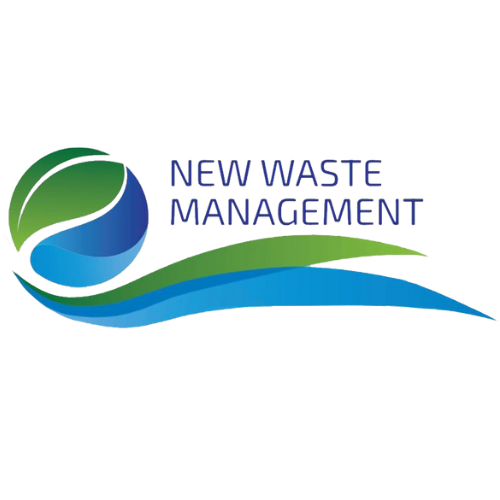
Unlocking New Revenue Streams with Green Waste: A Circular Economy Approach for CFOs in Local Authorities
Amid financial pressures, UK Local Authorities face the challenge of balancing budgets while delivering essential services. For Chief Financial Officers (CFOs), this often involves exploring untapped revenue streams and optimizing expenditure. A fresh perspective on waste management reveals a promising opportunity: by shifting to a circular economy approach, waste can evolve from a financial burden to a strategic asset. With New Waste Management’s comprehensive transformation services, Local Authorities can monetise green waste in ways that support both financial stability and environmental responsibility.
The circular economy—an approach that minimizes waste and maximizes resource use—offers Local Authorities a model for waste management that aligns with fiscal goals. Through recycling innovations and Energy-from-Waste (EfW) initiatives, councils can reduce costs, foster community engagement, and generate revenue. Here’s how CFOs can capitalize on New Waste Management’s solutions to unlock green waste’s potential:
1. Investing in Infrastructure for Efficient Waste Processing
Outdated waste management infrastructure limits Local Authorities’ ability to maximize resource recovery. Advanced separation technology and EfW facilities can enhance efficiency by processing various waste types, including green waste, for energy generation. This infrastructure supports cost reduction while creating a new revenue stream by converting waste into sellable energy, supporting both municipal operations and the grid.
2. Streamlining and Building Trust in Waste Collection Services
Reliable, transparent waste collection processes are crucial for fostering resident engagement in recycling programmes. Clear schedules and communications around waste processing reduce contamination and improve the quality of recyclables, increasing the volume of green waste available for revenue-generating uses.
3. Generating Revenue Through EfW Initiatives
With escalating operational costs, EfW offers a crucial revenue stream. Diverting green waste to EfW facilities not only cuts down waste volume but also generates monetizable energy. Whether selling the energy or utilising it within council operations, EfW can transform waste into an economic asset.
4. Leveraging Green Waste Recycling for Additional Revenue
Garden clippings, leaves, and organic waste can become high-value products like compost and biogas through advanced recycling methods like composting or anaerobic digestion. New Waste Management supports Local Authorities in identifying these revenue opportunities, enabling councils to convert waste into resources that reduce energy costs or create income.
5. Driving Long-Term Success with Community Engagement
Waste management success hinges on community participation. Local Authorities can boost recycling rates by engaging citizens through education, incentives, and rewards. Promoting EfW and recycling programs not only supports environmental goals but also lowers processing costs, creating a virtuous cycle of financial and operational benefits.
6. Optimising Operations with Data-Driven Waste Management
Data transparency enhances efficiency and public trust. New Waste Management’s data analytics tools help Local Authorities track KPIs like collection volumes and contamination rates, providing insights that enable councils to make evidence-based improvements to waste collection and resource recovery.
7. Aligning with National Environmental Goals and Accessing Sustainability Funding
As the UK strives toward Net Zero by 2050, Local Authorities are encouraged to adopt circular economy principles. Investments in EfW and recycling infrastructure not only support environmental goals but also open doors to sustainability funding. By showing leadership in climate action, councils can access funding that offsets infrastructure costs, creating long-term financial and environmental benefits.
Conclusion: Waste as a Strategic Asset
For CFOs, waste management can evolve from a cost centre to a source of revenue. Partnering with New Waste Management allows Local Authorities to leverage circular economy principles to generate income, reduce costs, and meet sustainability objectives. Through strategic infrastructure investment, data-informed decisions, and community engagement, green waste can be transformed into a sustainable revenue stream that supports councils’ financial and environmental goals.

